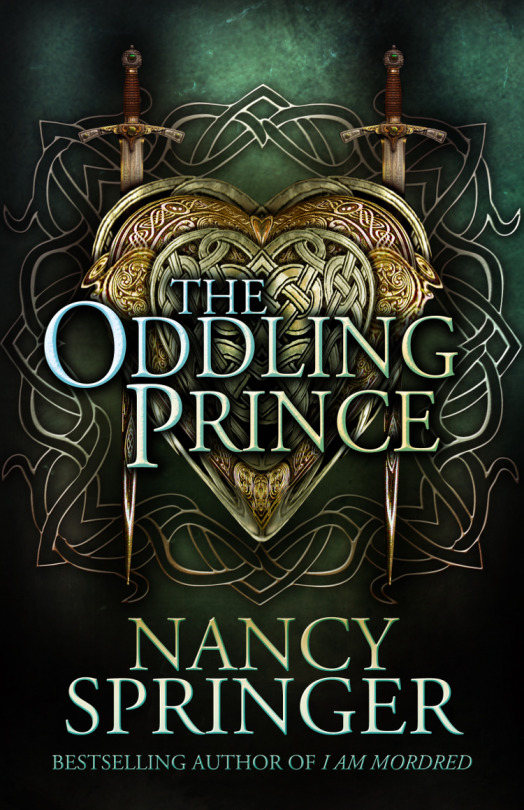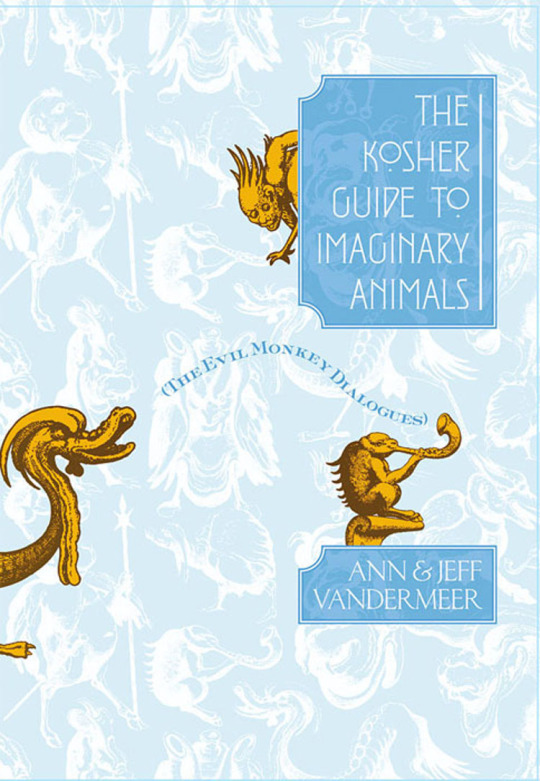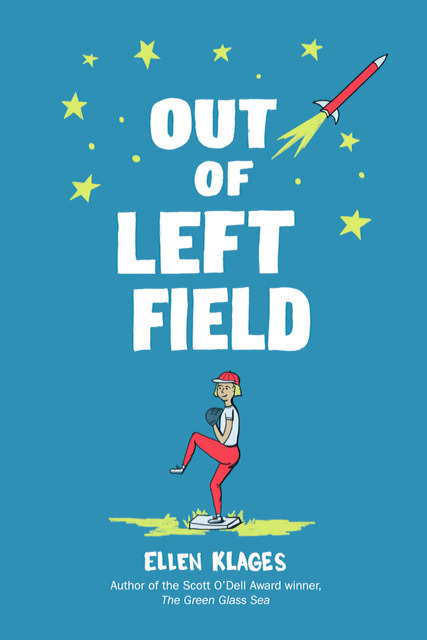Tachyon tidbits featuring Nancy Springer, Nick Mamatas, Ann & Jeff VanderMeer, and Ellen Klages
The latest reviews and mentions of Tachyon titles and authors from around the web.

Nancy Springer (Photo: Bob O’Lary), Nick Mamatas, Ann & Jeff VanderMeer, and Ellen Klages (Scott R. Kline)
In ASIMOV’S SCIENCE FICTION (January/February 2019), Paul Di Filippo praises Nancy Springer’s THE ODDLING PRINCE.
The year 2017 marked Nancy Springer’s fortieth anniversary as a professional writer (The Book of Suns, 1977) and happily also found her talents and energies undiminished, as indicated by a new story appearance that year as well. Now, a year later, as further proof of her continuing prowess as a fabulist comes THE ODDLING PRINCE (Tachyon Publications, trade paperback, $15.95, 288 pages, ISBN 978-1-61696-289-0), a fairytale of sorts in the manner of William Morris or Lord Dunsany.

Here is the engine of Springer’s tale. How a King-Lear-type raging father will upend his own kingdom and frustrate and thwart the natural desires of his children. It’s a cross-generational tale that never grows old. When you toss in a vile traitorous vassal, Brock of Domberk, his beautiful seeress daughter Marissa, a magical cerulean horse named Bluefire, and some loyal retainers, evil bandits, and other ancillary figures, you get a full medieval banquet of heroics and domestic drama. Nor does Springer scant the magic. The Elfin ring, once removed, becomes instrumental in the action. And at the climax she parlays earlier hints laterally into weird George MacDonald territory that lofts the book to a higher plane.
While doing full narrative duty to the ethical, moral, and familial issues amongst king, queen, and sons, as well as to the Machiavellian court intrigues and rebellion, Springer devotes most of her attention to the strange, quasi-erotic relationship between the half-brothers. It’s a bold and startling aspect of the book. Even the king notices it: “Folks will think you are a pair of molly boys.” This gambit pays off mightily at the end, and does not preclude Aric’s growing affections for Marissa. Springer’s portrait of an uncategorizable kind of love makes THE ODDLING PRINCE an out-of-the-ordinary fairy tale that can stand shoulder-to-shoulder with work by Tanith Lee and C.J. Cherryh.

Alard J. Schnabel on his eponymous site enjoys Nick Mamatas’ THE PEOPLE’S REPUBLIC OF EVERYTHING.
Stand out stories for me included Tom Silex, Spirit-Smasher. This is a story about a pulp fiction collector named Edgar trying to buy the rights to reprint pulp stories from a woman, Rosa. Her grandmother’s first husband wrote the works and Rosa was not aware of the stories or that the grandmother owned the rights to them. With this and with “Walking With A Ghost” we can see a kernel of the fandom cringe that was such a guilty pleasure in “I Am Providence,” in the awkward pulp collector who cannot read the room and keeps “geeking out” about the dead pulp author even though Rosa and her grandmother clearly disliked him.
Despite the genre trappings this is actually a story about a young hispanic woman and her ailing grandmother. The grandmother, suffering from dementia, becomes more grounded when shown the old stories. Turns out she typed them for her husband, which was something common in that era. After quoting the pulp story and telling Rosa anecdotes she’s never heard before, there is some hope for things improving, but nothing so trite or stupid actually happens. This is the kind of human, and humane, story telling that it such a delight when it appears in science fiction.

For UNCANNY, Steven H. Silver in his Jewish Science Fiction and Fantasy: A Primer mentions Mary Shelley and Jane Yolen as well as Ann and Jeff VanderMeer’s THE KOSHER GUIDE TO IMAGINARY ANIMALS.
One of the more interesting recent works that uses Jewish humor, but also includes a deep knowledge of Jewish custom, is Ann and Jeff VanderMeer’s 2010 volume THE KOSHER GUIDE TO IMAGINARY ANIMALS. The story not only addresses the laws of kashrut and whether they are still viable and valid in today’s world, but the dialectical form of the book, as a discussion between Ann and “Evil Monkey” mimics a traditional Jewish form of teaching and debate.

Congratulations to Ellen Klages on her nomination for a Golden Poppy (NCIBA Book Awards) for the middle reader’s title Out of Left Field.
For more info on THE ODDLING PRINCE, visit the Tachyon page.
Cover art by Brian Giberson
Design by Elizabeth Story
For more info on THE PEOPLE’S REPUBLIC OF EVERYTHING, visit the Tachyon page.
Cover by Elizabeth Story
For more info about THE KOSHER GUIDE TO IMAGINARY ANIMALS, visit the Tachyon page.
Cover by John Coulthart
